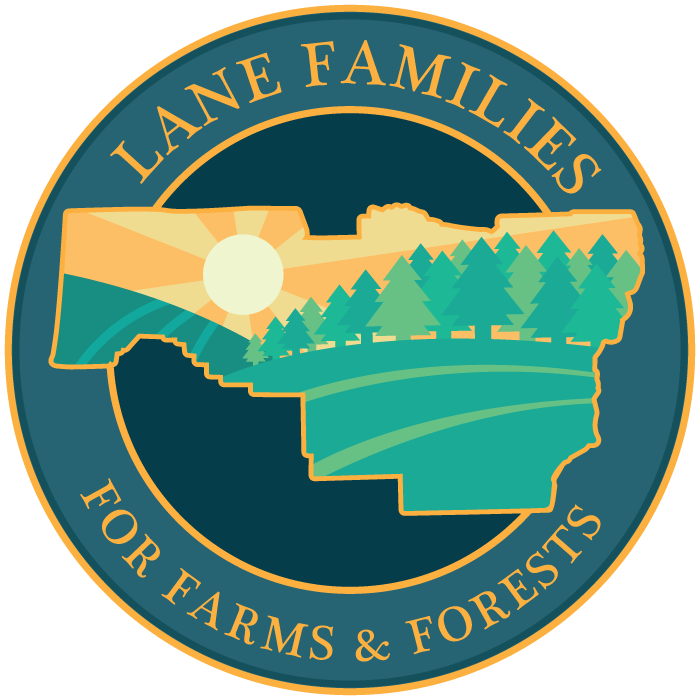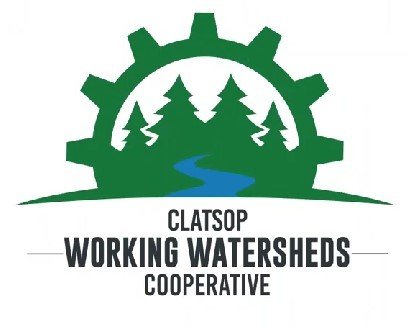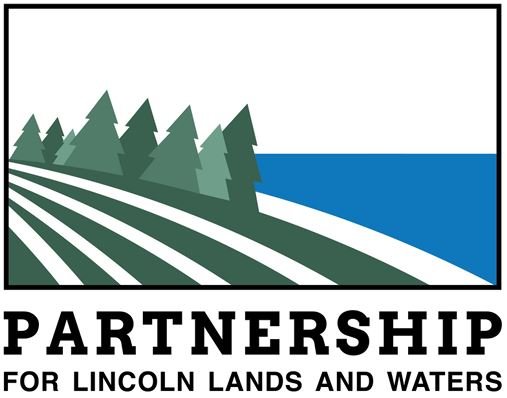OFS Grassroots Support
At the heart of all the work conducted at Oregonians for Food and Shelter (OFS) are the people and local communities who work hard to provide for our most basic needs: high quality food and wood products. Despite the hard work and selfless contributions by those stewarding our working lands, misinformation, misguided policy, and targeted advocacy agendas at the county, state, and federal levels continuously threaten Oregon producers’ ability to produce resources for a growing population.
We believe in the power of collaboration, and are committed to uplifting the voices, experiences, and expertise of Oregon’s rural communities to ensure long-term sustainability and resilience in our agricultural, forestry, and natural resource sectors.
To help achieve this, OFS provides coordination support for several independent, county-based grassroots organizations. Our goal with this work is to empower individuals to align with other professionals from the local natural resource sector. Together, these groups educate their communities by sharing their expertise and authentic stories, and demonstrating their extreme care for the land and water to preserve their livelihoods for generations to come.
Community-based grassroots organizing is a bottom-up approach to mobilizing people within communities to collectively address issues that affect them.
While OFS assists in facilitating efforts, these groups and their activities are led and directed by local community members.
Here's our approach to Grassroots organizing:
Building Relationships: Local grassroots organizers work to build relationships and trust within the community. They listen to people's concerns, engage in dialogue, and foster a sense of solidarity and collective identity within their industries. This is done by forming connections and common ground within multiple natural resource sectors, including farming, forestry, fishing, and the broader community.
Identifying Issues: Community members come together to identify common concerns or issues affecting their community and the future of their industries.
Community Education: In response to identified issues, grassroots groups design and lead educational experiences for the broader community, decision-makers, thought leaders, and elected officials, providing the necessary education to help inform and shape policies that support stewardship practices and economic vitality in our communities.
Collaboration: With new connections made by their efforts, grassroots groups seek to defuse negative perceptions of natural resource management and forge connections and partnerships with a diversity of individuals and groups within their communities.
Creating Change: Through collective action, grassroots groups seek to make positive changes at local and state levels. This involves relationship building to challenge misleading assumptions about natural resources management through education and hands on experiences. As these groups continually implement community-led educational efforts to address these issues, they proactively influence policy decisions and connect those outside of food and fiber production with the important work that goes into providing these basic resources.
OFS is proud to provide coordination support to the following groups:






